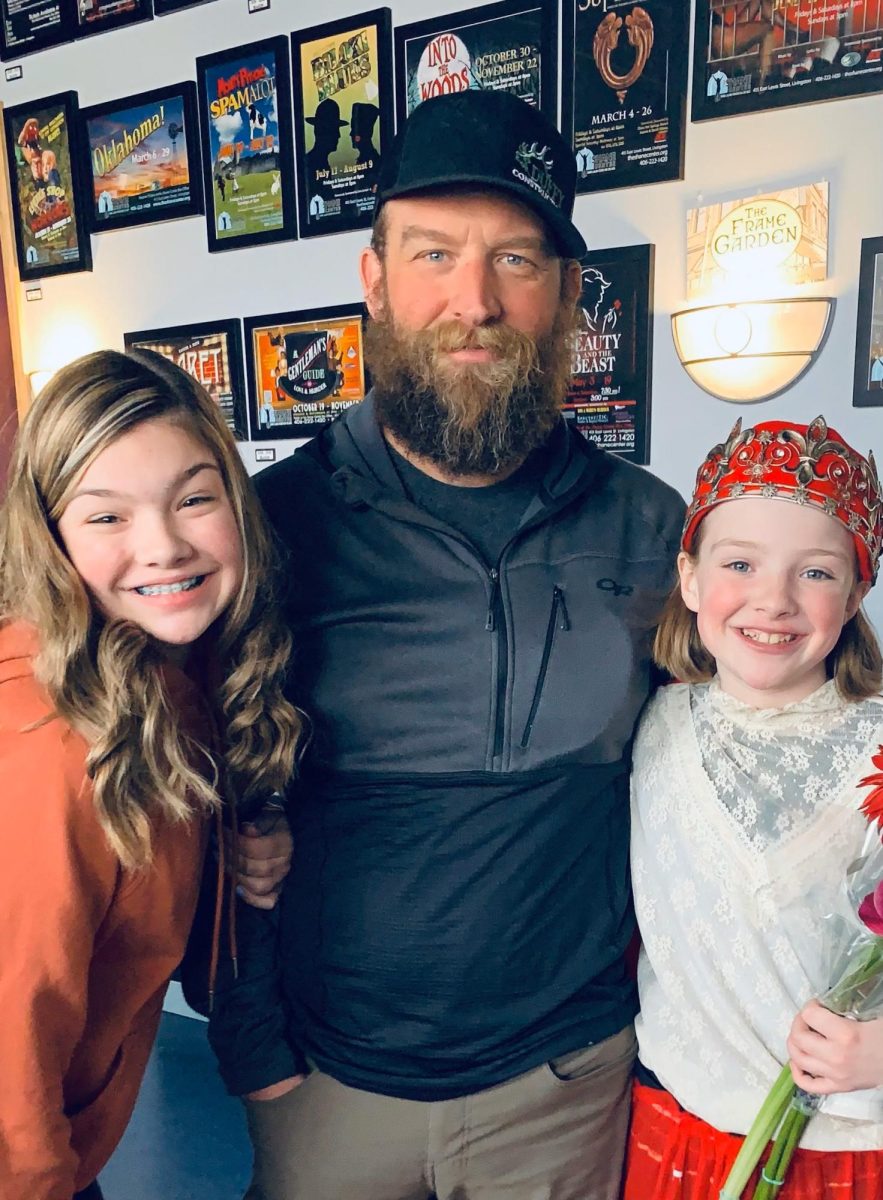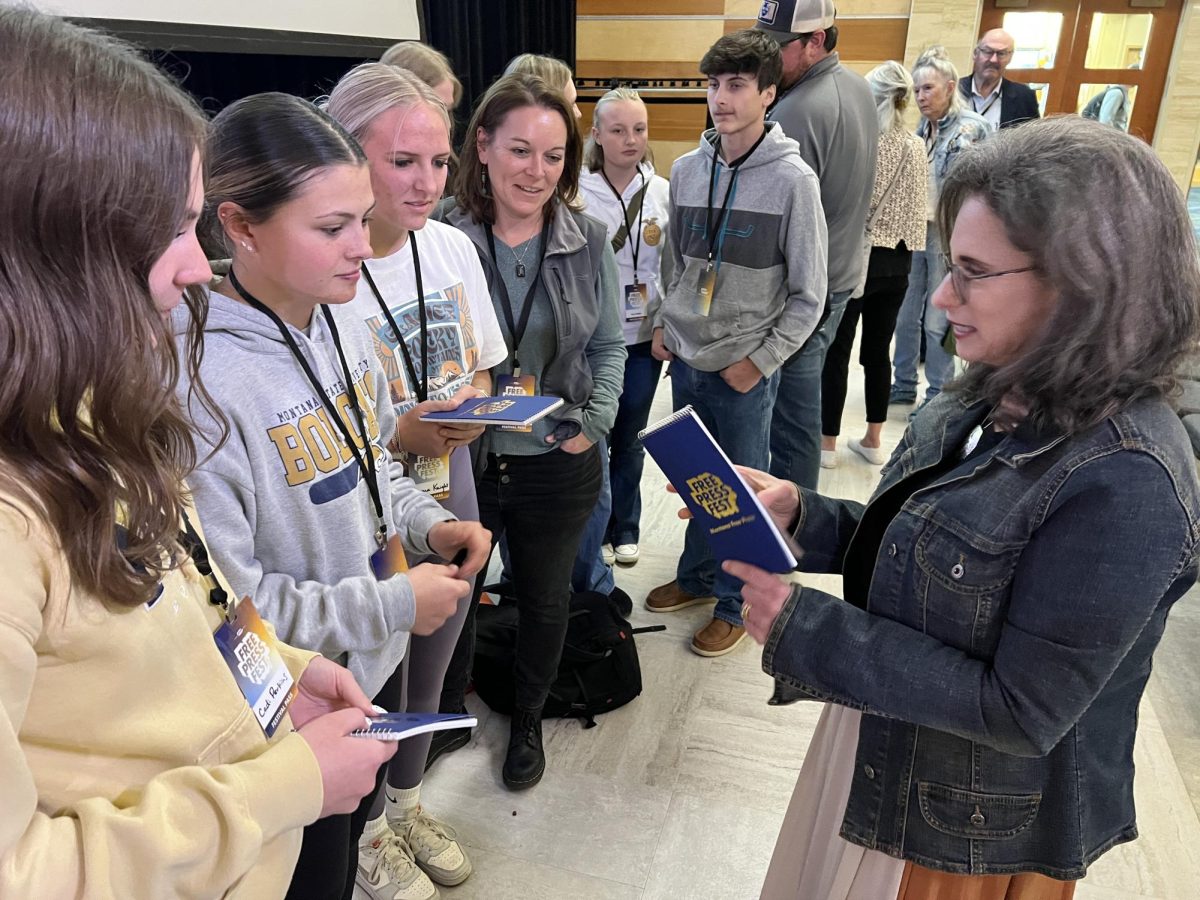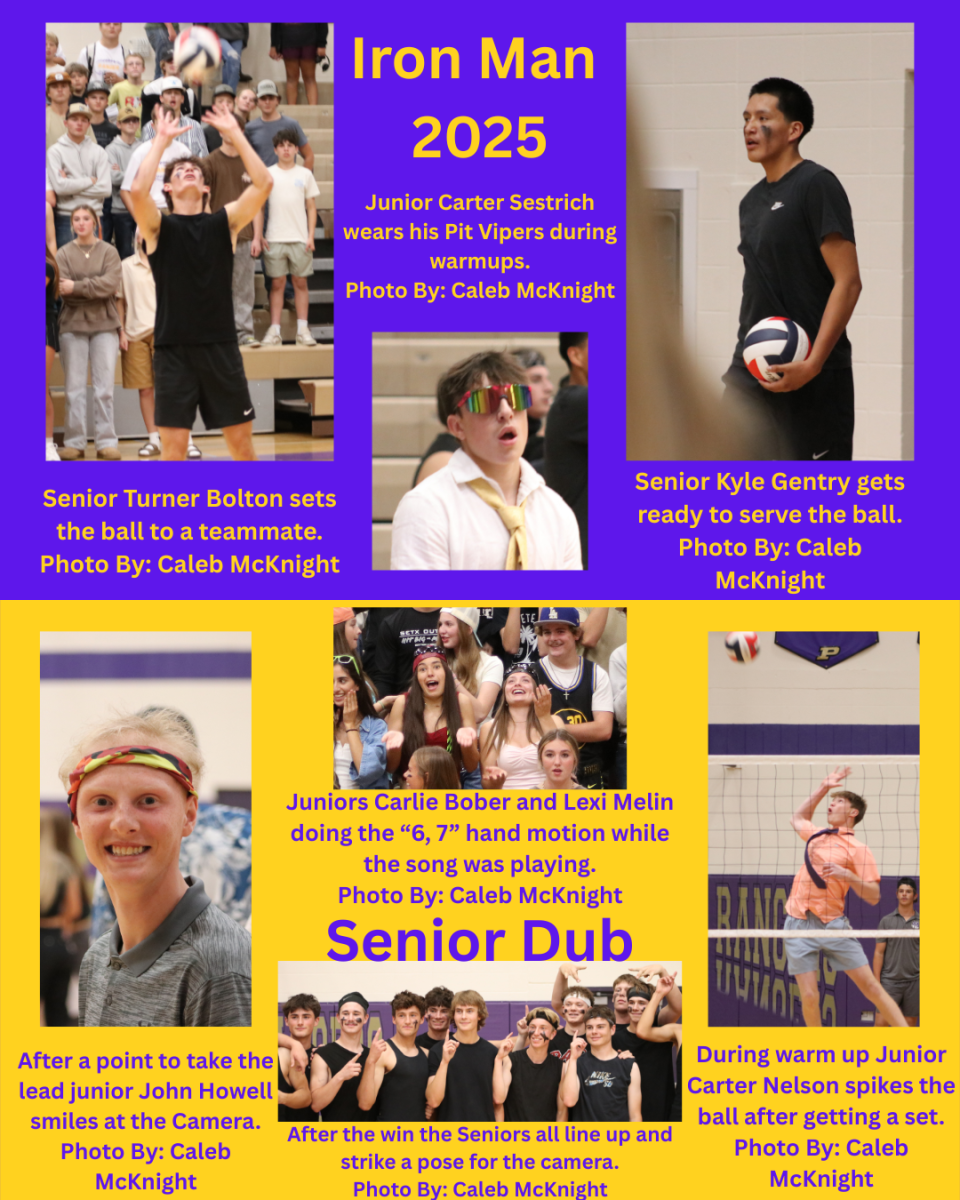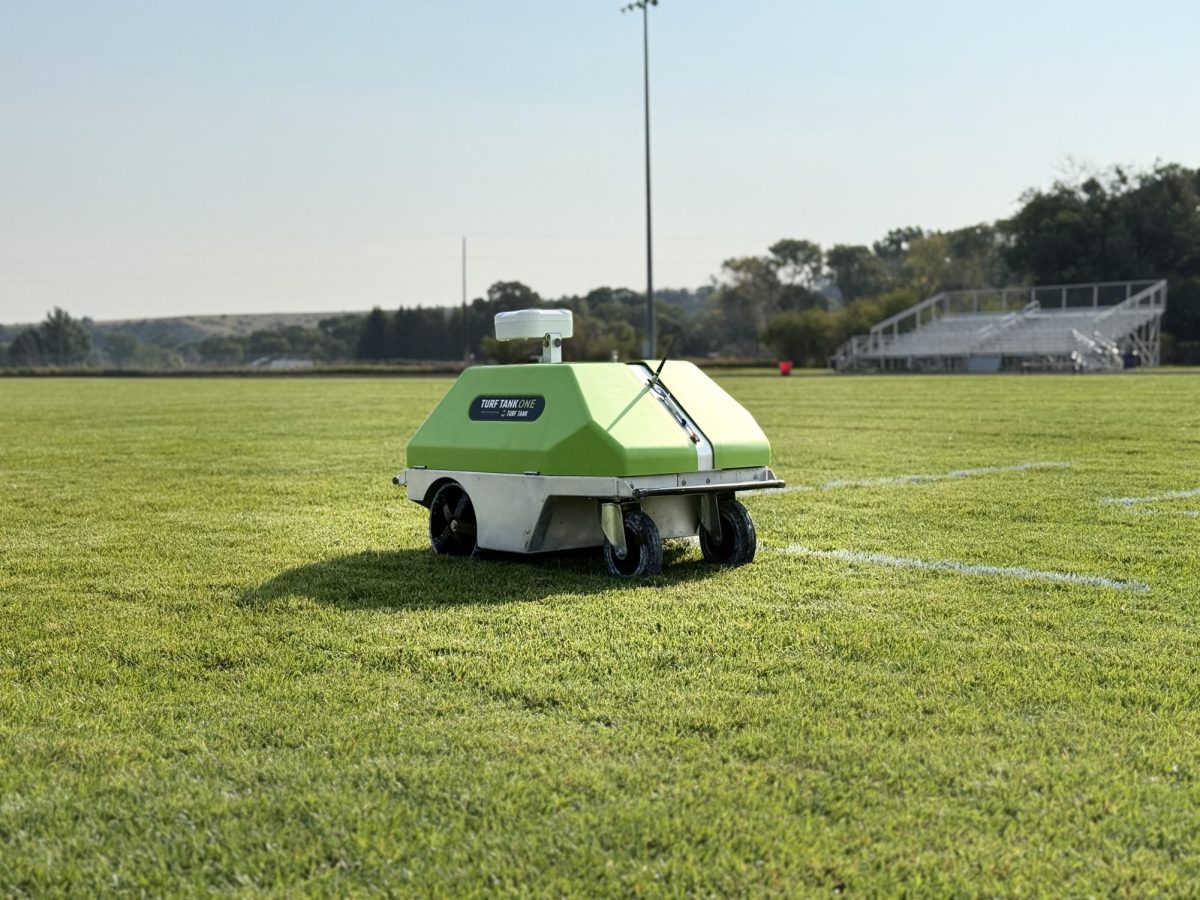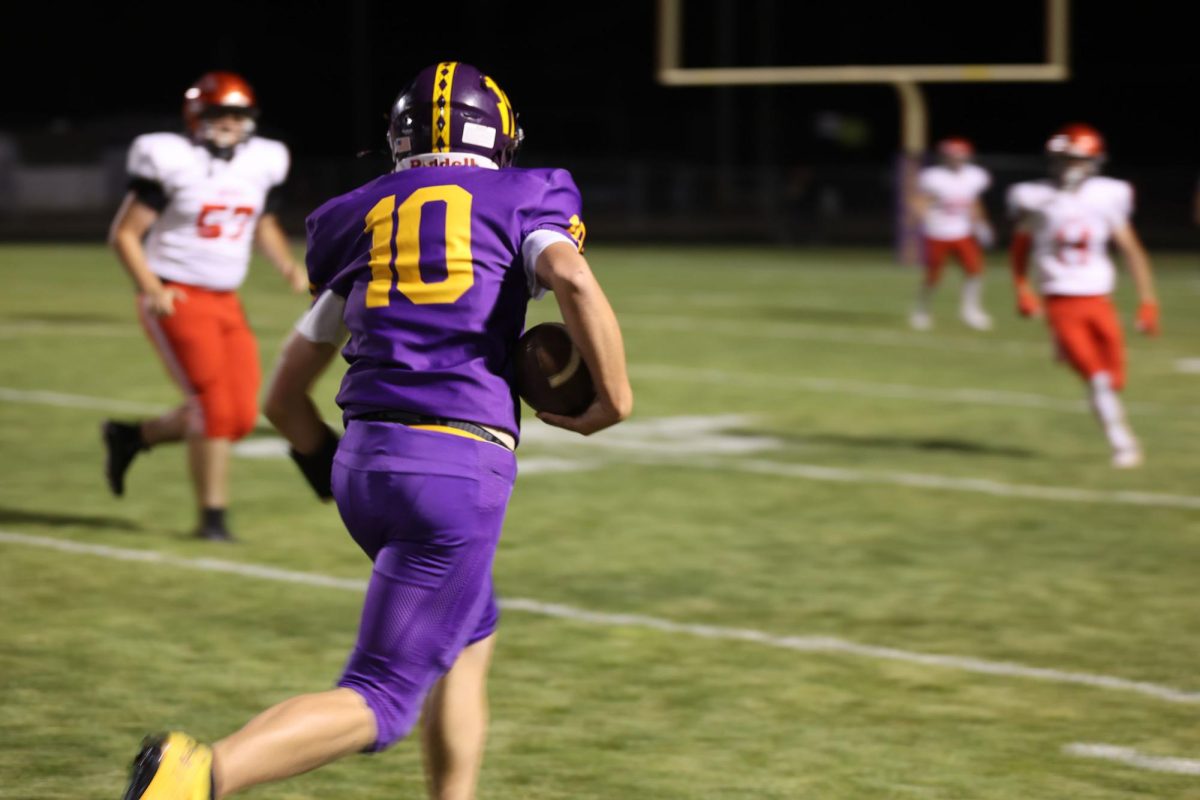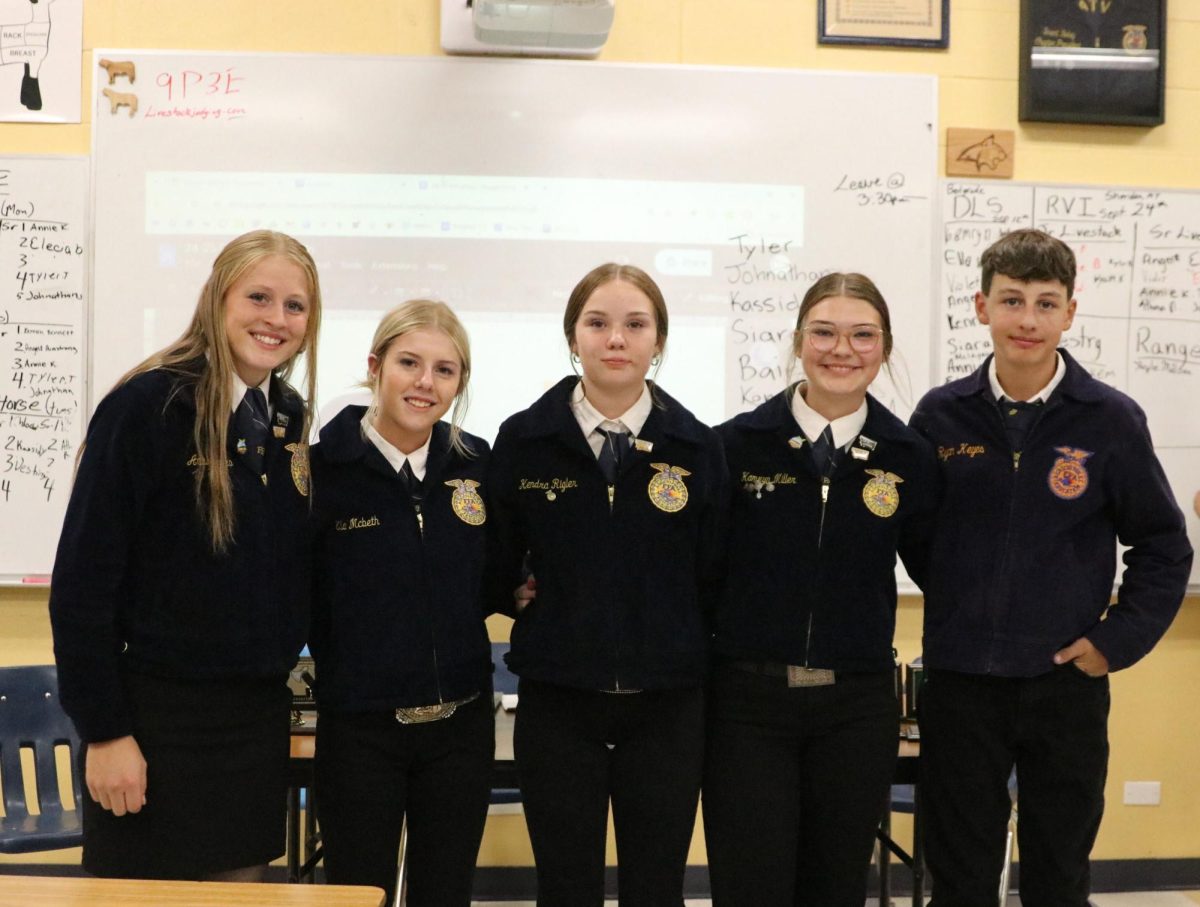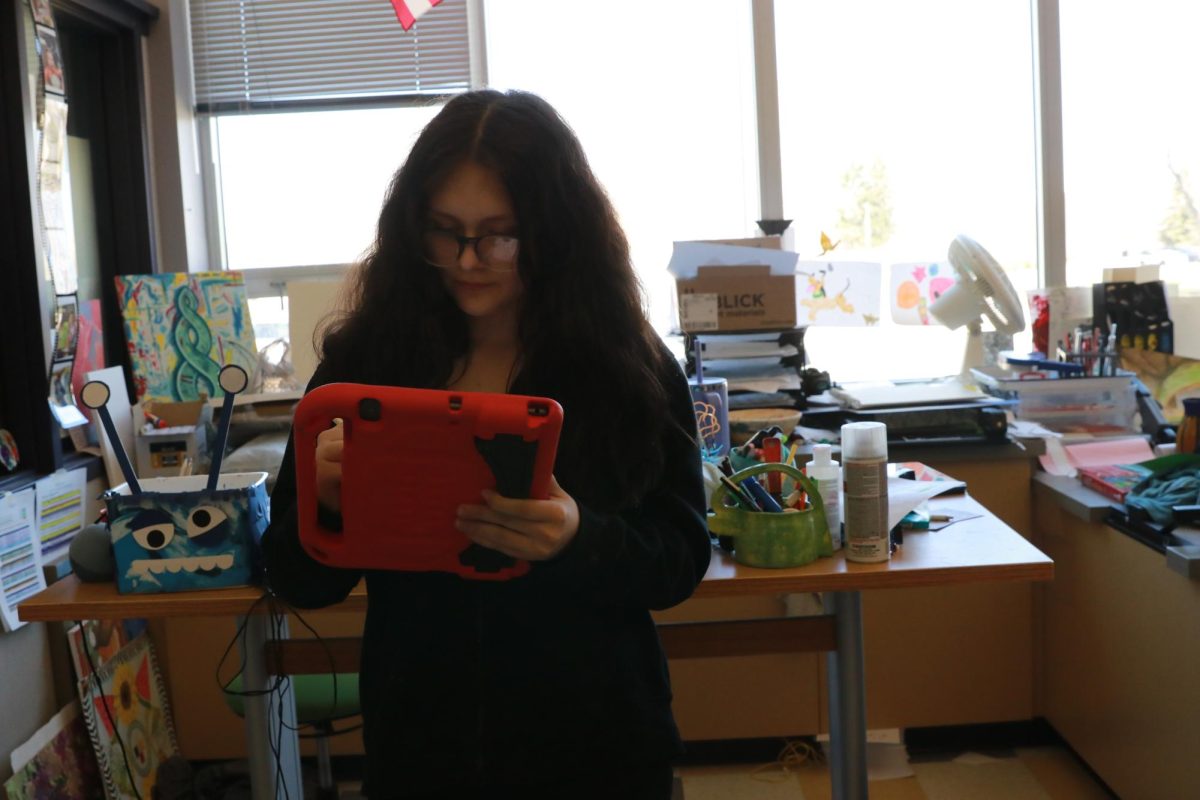Justin Duffy was interviewed in person at Park High School on April 24. Here is a transcript of the interview, as it was recorded.
What are you hoping to accomplish if you are elected?
I went to school at Park High, graduated in ’97 and then worked in Montana randomly in the mountains after that until I started doing construction locally and then eventually started my own business in 2006 and then doing that ever since, running that with my wife Emily. Pretty much that’s consumed a lot of my time and then I got into doing some biological work on the online studies for Yellowstone National Park but then now also the state for Montana Fish Wildlife and Parks. And so since I still had a little free time left I decided that maybe I should run for school board. What inspired me to run for the school board, mainly encouraging it from other people or even other people asking me if I would be willing to. And then watching what I viewed as, what’s that? What I viewed as basically dysfunction and discord in the current school board. I mean like things just didn’t seem to be getting done that could have been being done and there was a lot of posturing and what seemed to be personal, agenda-driven choices. I can’t find any other logical answer for what I witnessed other than that. I just decided that I know I can do better than that and if no one else seems to be willing to try, then I will. And then now I found out there was six other people willing to try.
What are you hoping to accomplish if you are elected?
The first thing I would hope to accomplish is just to gain an understanding of how the school board functions and things that are really going on in the school district: the needs, prioritizing them after identifying them, and trying to find a way to maximize the budget we have. Because a lot of people think that if we could just increase our budget, we could do so much more, but there’s very little room left to increase our budget. So what it is, is we are as a school district kind of living beyond our means, or spending money on things somewhere that we just are going to have to stop, whether that be properties and buildings that are really serving us a purpose, or whether it is, something has changed because there’s really not a lot more money to pull. And there’s things that we need to be putting more money into like teachers and programs. Montana’s like one of, I don’t know the facts on this, but we’re one of the lowest, if not the lowest state in the union for teacher wages. You couple that with the cost of living around here, throw in a little wind, and then, you know, it’s hard to keep the best teachers around. They just want to leave, and then you, thankfully, we have teachers who are dedicated that it’s not just about the money for them, otherwise they probably would have split. You know, so trying to find a way to maximize what we have to spend and realizing where it’s going that isn’t serving a purpose. It would be my first priority. I mean, there’s a lot. I’m going to have a ton to learn. That’s going to be the first thing I need to accomplish.
How are you going to accomplish these goals?
Once I start taking in information, I tend to just keep wanting to soak it up. I start digging into things and asking questions and wanting to know more. I mean, I already spoke to Peter, Grady [district business manager], the other day, because of this whole school finance budget thing, I just had questions about it. And so I just called and talked to him about it because there’s part of it I thought I understood. And after speaking to him, I understand it a little better. But then I realized there’s a whole lot more that I don’t know that I didn’t know, or I didn’t know until I talked to him. Yeah. But that’s a big thing is just asking questions and wanting to know as much as possible about what’s going on.
What do you think is the biggest challenge we face in our schools today?
The biggest challenge you face in schools today, and biggest challenge, it’s always financials, just a huge thing. It has been for a while in our community and it’s going to continue to be.
I think that with the way you got the world that you guys live in with social media, the chaos, like it or not, you talk to even some of the older generations in our country that have even lived through the civil rights movements. And I’ll tell you that this is about as split and divisive as they have ever seen this country. And that’s even through civil rights movements and things. Or like Vietnam-era chaos. And then you throw on top of that, COVID, and just chaos that that threw everybody into. I think students’ overall well being–mental, emotional welfare– probably is a huge thing. I don’t know because I don’t study these things, but I would like to think that that might have something to do with school violence. And how much more prevalent it is in our society today is maybe that we have that many children in our school system that are, like, slipping through the cracks and need help.
What do you think is the role of a school board member?
The role of a school board member. Yeah, that’s to assess all of these needs as level-headed and unbiased as possible and to take in the information and then try to try to make the best choices for everybody, you know, for not the squeakiest wheels. But look at this district as a whole and try to make the decisions that allow the best impact for everyone. And it turns out that might not be what’s best for you, but it’s going to be best for ten other people instead. And trying to weigh those things out as free of preconceived notion or agenda as you can to just look at it as a pragmatic decision that these are the facts. These are the needs. This is what we have to do. I think that’s the role of a school board member.
Who is an educator who impacted your life?
You know, boy, I can’t narrow it down to just one. I never had him as a teacher personally, but Bob Stevenson [former Park High math teacher and vice principal] did a lot for me. He used a lot of his personal time to facilitate things I was doing when I was in high school. Mr. Gannon [former Park High math teacher], he always seemed to be there, as rough of a kid as I was to deal with. He always treated me with respect and seemed to not judge me for the mistakes I made, but you know, helped me to realize that there is a better way to behave. And he held me to a higher standard. And then lastly, Roy Ehresmann, my shop teacher, was probably one of my favorite teachers I ever had. He just treated me like a young man. I felt like a lot of times, especially back in that area, you didn’t get that. You’re treated like a kid. And he was different about that. I say, he treated you like a young man, not like a child and gave you mutual respect. And that was something especially as a senior and junior, something I really felt was missing with a lot of teachers I had at the time. So yeah, that’s hard to pick between those three. They all had a different contribution.

